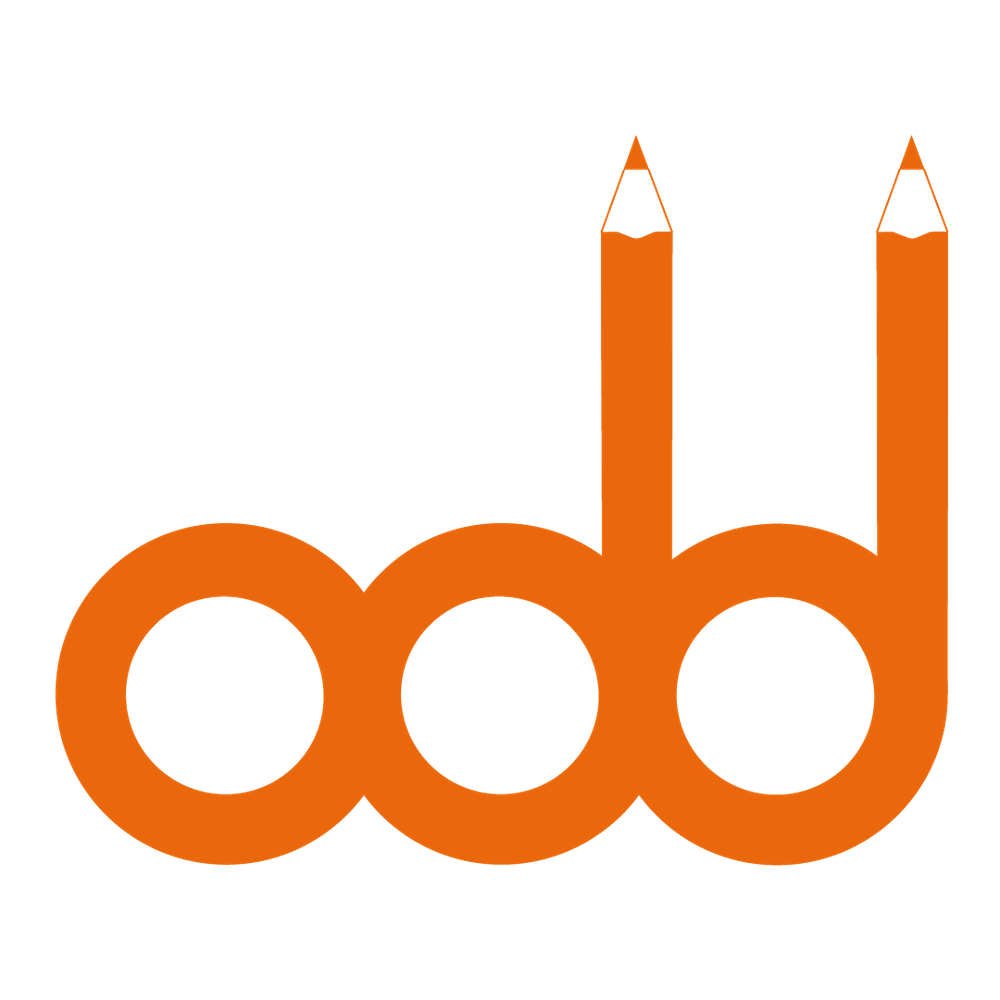New tools for a more inclusive education:
European project ‘BRIDGES’
The EU-funded project Building Inclusive Societies: Diversifying Knowledge and Tackling Discrimination through Civil Society Participation in Universities (with the acronym BRIDGES) involved 8 organisations from 4 European countries (Spain, Germany, United Kingdom and Greece). ODD led the design of the ‘virtual lab’ to share the resources created and also facilitated the co-creation of the project identity, and designed supporting visual materials.
Funded by the Erasmus + program, BRIDGES examined discrimination with an aim to promote social inclusion in Higher Education institutions by establishing and strengthening relationships with civil society groups. The project was inspired by the growing consensus of the failure of Higher Education institutions to include diversity, both in terms of the different contexts and experiences of their students, and the theoretical and methodological foundations that make up the curricula that is taught in them.
In response, BRIDGES focused on the development of new tools to strengthen the skills of current and future instructors. Over the course of three years, the project created a range of materials aimed at improving Higher Education practices to include socially marginalized groups that encounter barriers due to the intersection of discriminations based on "race", ethnicity, language, religion, administrative status, identity and expression of gender, sexuality, class, age and disability. The main outputs included a Virtual Pedagogical Laboratory; a Pedagogical Toolkit to contribute to dismantle oppression structures in Higher Education; a Course curriculum developed in a participatory manner; and a Monograph, which systematised the pedagogical and methodological framework of the project. ODD is leading the design of a ‘virtual lab’ that will share the resources created and sharing insights into the creation of inclusive, trauma informed tools. We will also facilitate the co-creation of the project identity and edit the final monograph.
The innovative nature of BRIDGES lies in its collaborative ethics and in the broader methodological framework of Participatory Action-Research. The project sought to establish horizontal working relationships in between Higher Education and Civil Society organisations that will result in the generation of innovative pedagogical strategies based on the often undervalued, yet invaluable experience of marginalised groups.
This project has been funded with support from the European Commission. This publication reflects the views only of the author, and the Commission cannot be held responsible for any use which may be made of the information contained therein.


